Hear me out. No, really. Before you sharpen your pitchforks and give me anecdotal evidence of your Chinese restaurant syndrome, I think you need to know a few things about monosodium glutamate.
First of all, it's a naturally-occurring chemical compound that can be found in anything from tomatoes to cheese, and is used in all kinds of foods from KFC to breakfast sandwiches. So spare me the comments on MSG and Chinese food—you probably eat MSG on a daily basis without even knowing it. (And also: that's racist, yo.)
Second, crystallized MSG is produced much in the same way that vinegar and yogurt are produced: with the help of bacteria. The Corynebacterium bacteria converts sugar (frequently from beets and corn) into an amino acid named glutamate, which is then extracted and combined with sodium. So if you have an issue with the "artificial production" of MSG, you should probably point your pitchfork at yogurt, too.
It's just a damn shame that MSG has such a terrible rep that overshadows what it's good at doing: and that's making food crazy delicious with little effort. You can put a pinch of MSG in boiled carrots and make them taste... well, way the hell better than plain boiled carrots, that's for sure.
Ever Heard of Umami?
In 1908, a Japanese chemist named Kikunae Ikeda isolated glutamic acid from seaweed while investigating what made certain dishes taste so savory. He coined the word umami—literally "delicious" (umai) "taste" (mi)—for the flavor, then combined it with sodium to create monosodium glutamate. (And then, like any smart inventor, he patented the crap out of it.)
Okay, history lesson over; umami is now accepted as one of the five basic tastes (along with sweetness, bitterness, saltiness, and sourness). Think of certain foods that add a savory, mouthwatering, and addictive flavor to your daily diet—that's umami, baby.
Umami is the reason you can't get enough of shredded Parmesan at your favorite Italian joint, why you're addicted to tomato sauce in pizza, or why you munch happily on seaweed-wrapped sushi rolls. It's all around you, it's delicious... and it was given a name and discovered as its own separate taste thanks to the creation of MSG.
Don't Fear the MSG
So if the primary ingredient in MSG, glutamic acid, is in every delicious food you can think of, why are people still so freaking scared of it?
The short answer is that it's easy to be scared of what we don't understand.
The long question takes a bit more time, and starts with a study done in 1969 on newborn mice.
When large doses of MSG were injected into these mice, the mice exhibited a slew of negative effects: stunted skeletal development, obesity, and female sterility (to name a few). However, the most shocking result was that the mice ended up with brain lesions in the area that controlled endocrine function. The paper freaked the hell out of the general public—who was at the time already starting to rebel against the idea of chemically-enhanced food—and that's when the warpath against MSG began.
Chinese restaurants unfortunately got caught in the crosshairs of the MSG hysteria, and the unfortunate name given to those exhibiting adverse symptoms after eating MSG was Chinese restaurant syndrome. (I'll spare you my soapbox rant about how this is incredibly racist and encourage you to do some readingof your own.) Symptoms included fatigue, headaches, and sweating. The embattled restaurants started putting up "NO MSG" signs in the windows to win customers back, and this just furthered the idea that MSG was a bad thing. People started to avoid MSG without even knowing what it was—much in the same way that people now avoid gluten.
I'm not saying that people don't have MSG sensitivity, of course. But it often takes a large dose of MSG per meal to set it off: we're talking about 6 times the usual amount included in a meal large. So as long as you don't like a giant tablespoon of MSG with your individual plate, you'll probably survive a run-in with the stuff.
Savory Amazingness in a Salt Shaker
Time to take off the training wheels and get in the big leagues of flavor, guys. Let's talk about why you need to cook with MSG, because you can literally sprinkle this shit on anything savory.
I touched upon the fact that cheese contains glutamic acid, which is a large reason why we love it so much. But because of its fat content, cheese is a pretty unhealthy addition to a lot of meals. Not so with MSG. It's zero calories, zero fat, and zero carbs—the perfect, guilt-free flavor enhancer.
My favorite way to use MSG is in diet foods that are usually bland, such as steamed veggies or chicken breasts. A small amount of MSG adds that flavorful punch without resorting to the less-healthy ingredients that they're usually supplemented with, like cheese or butter.
And even if you're not on a healthy kick, MSG is an excellent way to emphasize the meatiness of a stew or the mouthwatering flavor of a well-made spaghetti sauce. I like to think of it as buffed-up salt: it not only emphasizes the taste of my food, but it punches it up to a newer, tastier level.
MSG for You & Me
Don't let the paranoia keep you from enjoying one of the easiest ways to amp up your dishes—MSG is an excellent addition to your spice cabinet, and one that more people should take advantage of. You can use it to make boring meals taste way better without changing the numbers on your calorie intake chart, which makes it both a flavor and a healthy hack. Win-win, am I right?
Do you think you'll give MSG a try, or are you still firmly entrenched in the camp that believes it's terrible for you? Let us know how you feel in the comments.
- Follow Food Hacks Daily on Facebook, Twitter, Instagram, and Pinterest
- Follow WonderHowTo on Facebook, Twitter, Pinterest, and Google+
















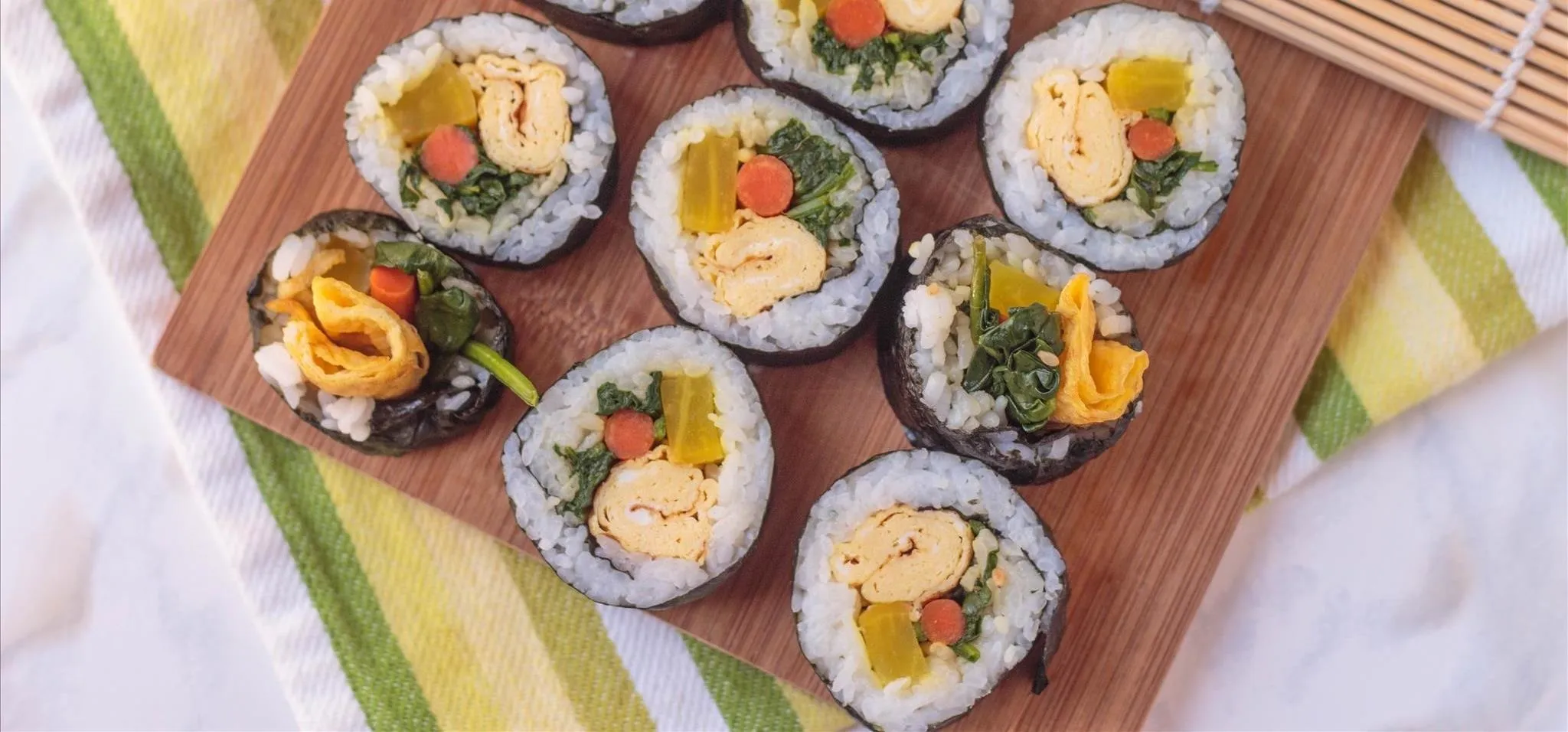
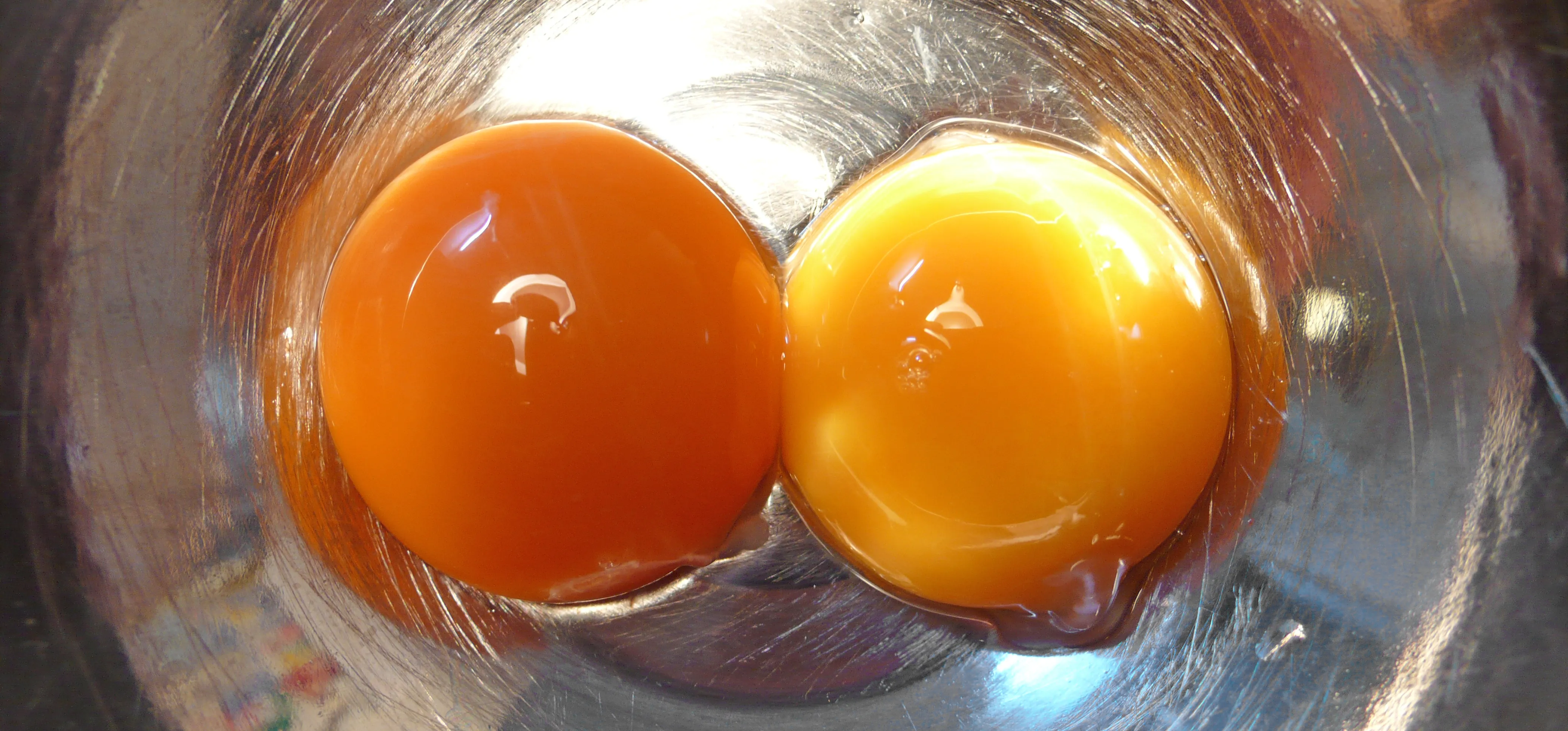
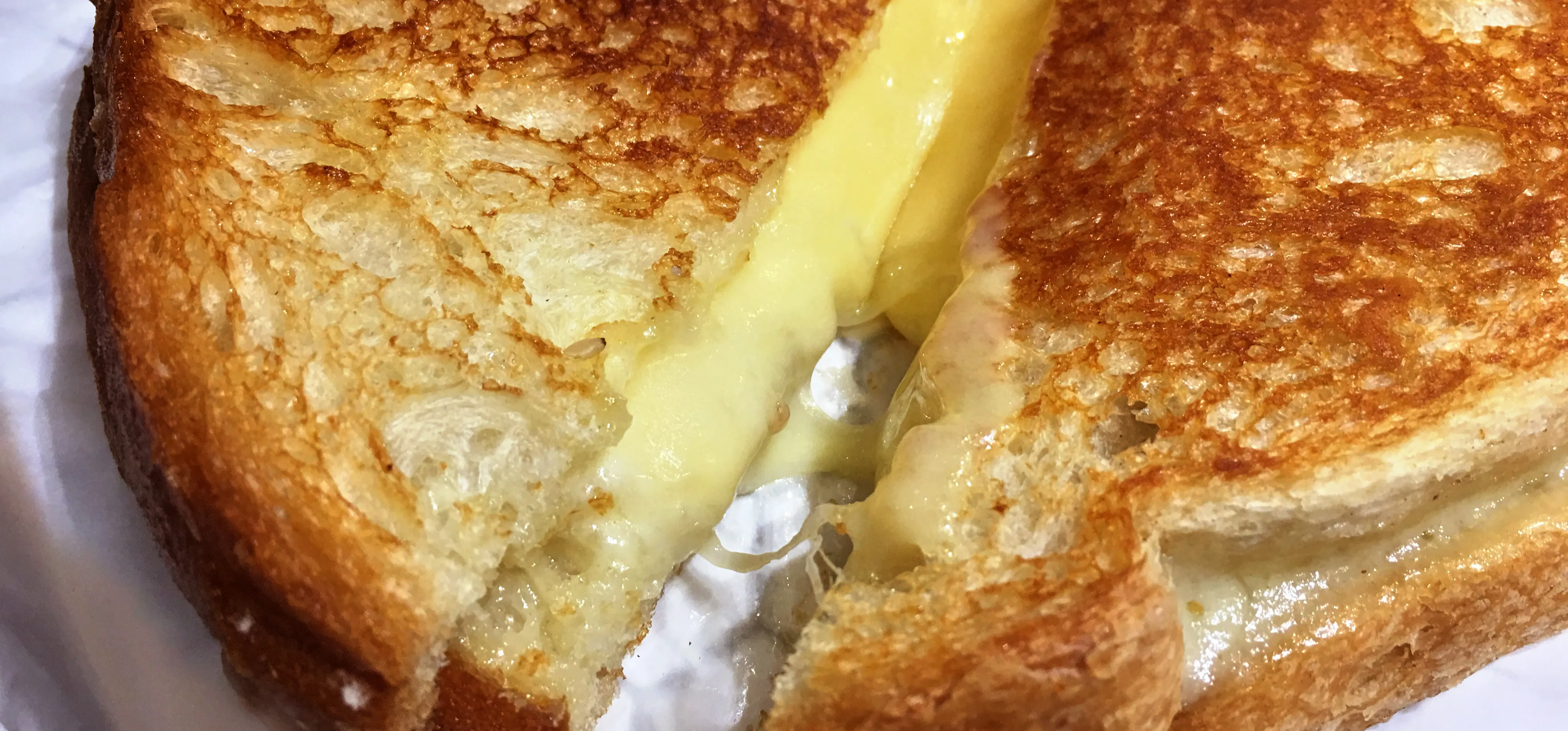
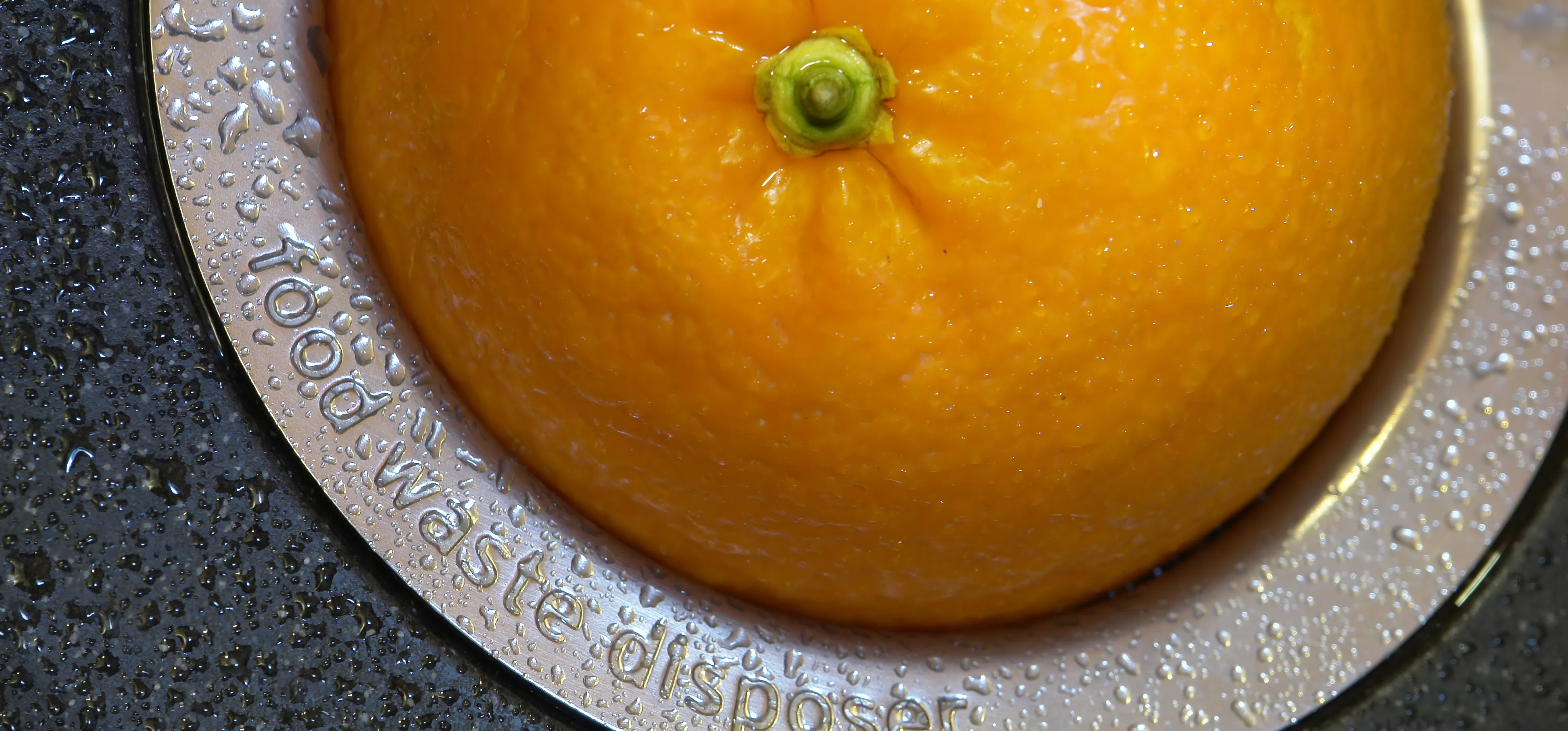
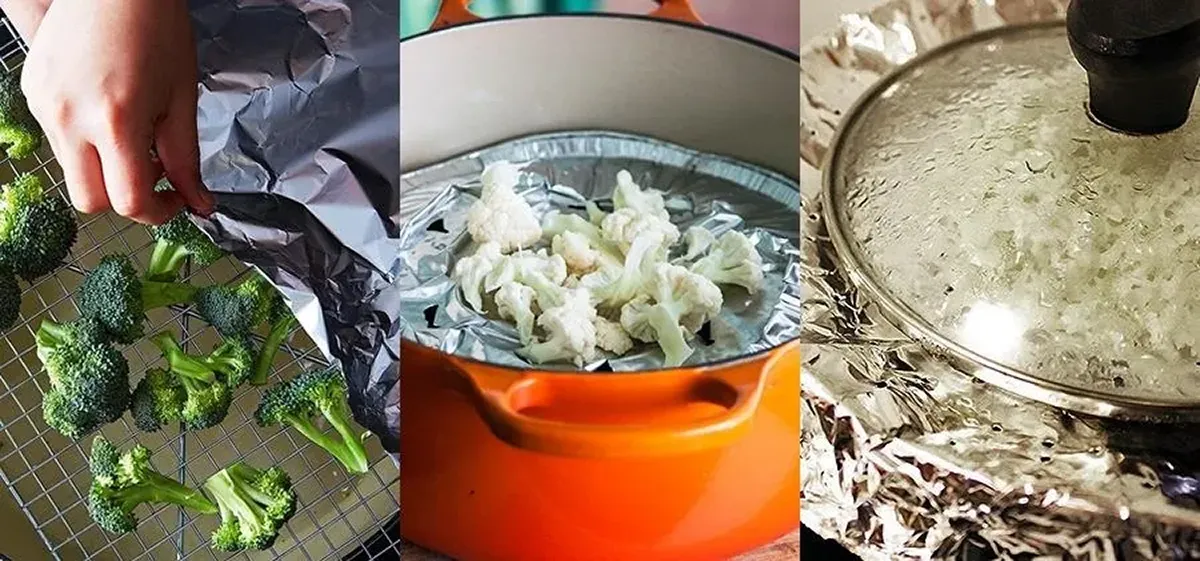
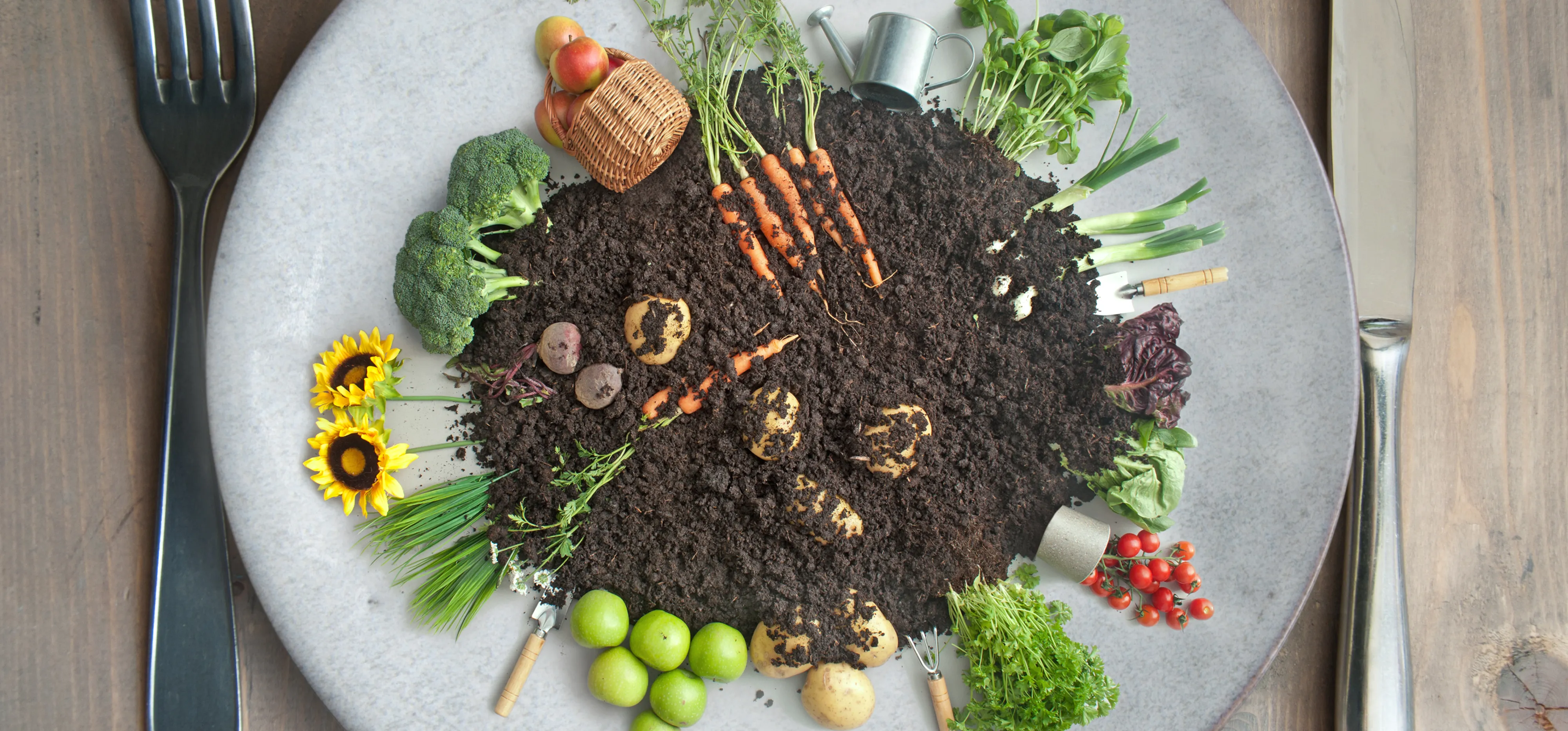




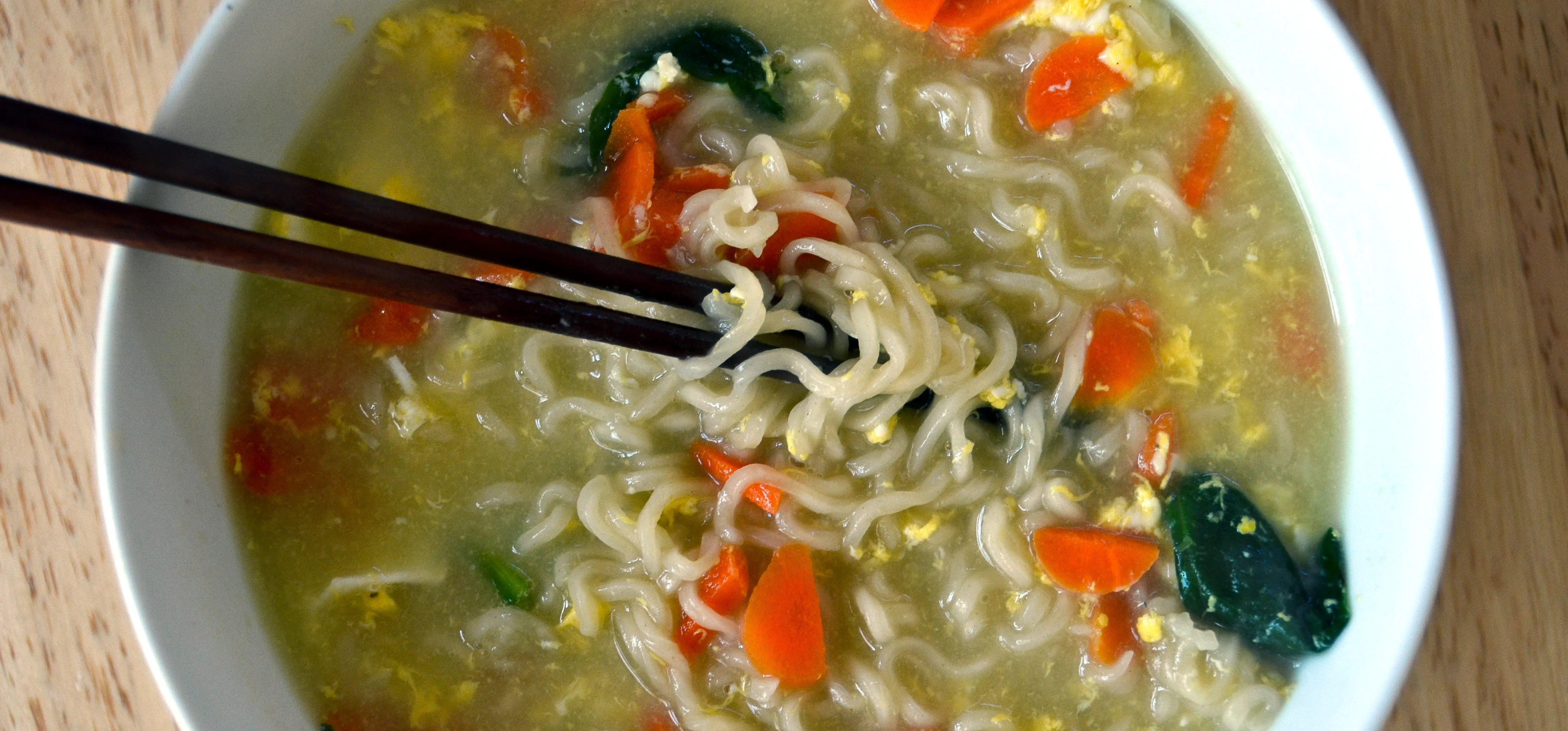



Comments
Be the first, drop a comment!